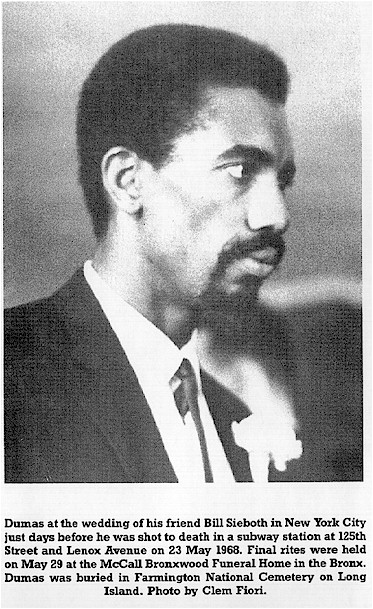I simply love “My Country ’Tis of Thee,” the patriotic song I had to learn in kindergarten. This song by Samuel F. Smith (1831) speaks of beautiful people and bountiful land, and the music gives me goose bumps every time I hear it. This is America, the way it was meant to be. But in too many ways and for too many people, the United States of America never became Smith’s “My Country ’Tis of Thee.” Proverbs 14:34 tells us why: “Righteousness exalts a nation, but sin is a disgrace to any people.” Lack of morality, particularly acknowledging that God-given ability to discern between right and wrong, has brought disgrace among us. Our history and the continuance of racial and gender discrimination, monetary greed and unrestrained sexual appetites cause those of us who see these as problematic core issues to seek change. This is why an abolitionist in 1843 rewrote “My Country ’Tis of Thee” and why Henry Dumas couldn’t bring himself to call the United States his country in the poem ’Tis of Thee, his tale of unrequited love. And this is why I seek for people to give their lives to Jesus Christ, making Him their Savior and Lord. Jesus is righteousness and having Him not only as Savior but Lord (master) of their lives can bring about the change we need so that our nation can be exalted the way it needs to be.
Copyright 2010 by Rhonda J. Smith
My Country, ’Tis of Thee
By Samuel F. Smith, 1831
My country, ’tis of thee,
Sweet land of liberty,
Of thee I sing;
Land where my fathers died,
Land of the pilgrims’ pride,
From every mountainside
Let freedom ring!
My native country, thee,
Land of the noble free,
Thy name I love;
I love thy rocks and rills,
Thy woods and templed hills;
My heart with rapture thrills,
Like that above.
Let music swell the breeze,
And ring from all the trees
Sweet freedom’s song;
Let mortal tongues awake;
Let all that breathe partake;
Let rocks their silence break,
The sound prolong.
Our fathers’ God to Thee,
Author of liberty,
To Thee we sing.
Long may our land be bright,
With freedom’s holy light,
Protect us by Thy might,
Great God our King.
Additional Abolitionist Lyrics
By AG Duncan, 1843
My country,’ tis of thee,
Stronghold of slavery, of thee I sing;
Land where my fathers died,
Where men man’s rights deride,
From every mountainside thy deeds shall ring!
My native country, thee,
Where all men are born free, if white’s their skin;
I love thy hills and dales,
Thy mounts and pleasant vales;
But hate thy negro sales, as foulest sin.
Let wailing swell the breeze,
And ring from all the trees the black man’s wrong;
Let every tongue awake;
Let bond and free partake;
Let rocks their silence break, the sound prolong.
Our father’s God! to thee,
Author of Liberty, to thee we sing;
Soon may our land be bright,
With holy freedom’s right,
Protect us by thy might, Great God, our King.
It comes, the joyful day,
When tyranny’s proud sway, stern as the grave,
Shall to the ground be hurl’d,
And freedom’s flag, unfurl’d,
Shall wave throughout the world, O’er every slave.
Trump of glad jubilee!
Echo o’er land and sea freedom for all.
Let the glad tidings fly,
And every tribe reply,
“Glory to God on high,” at Slavery’s fall.

